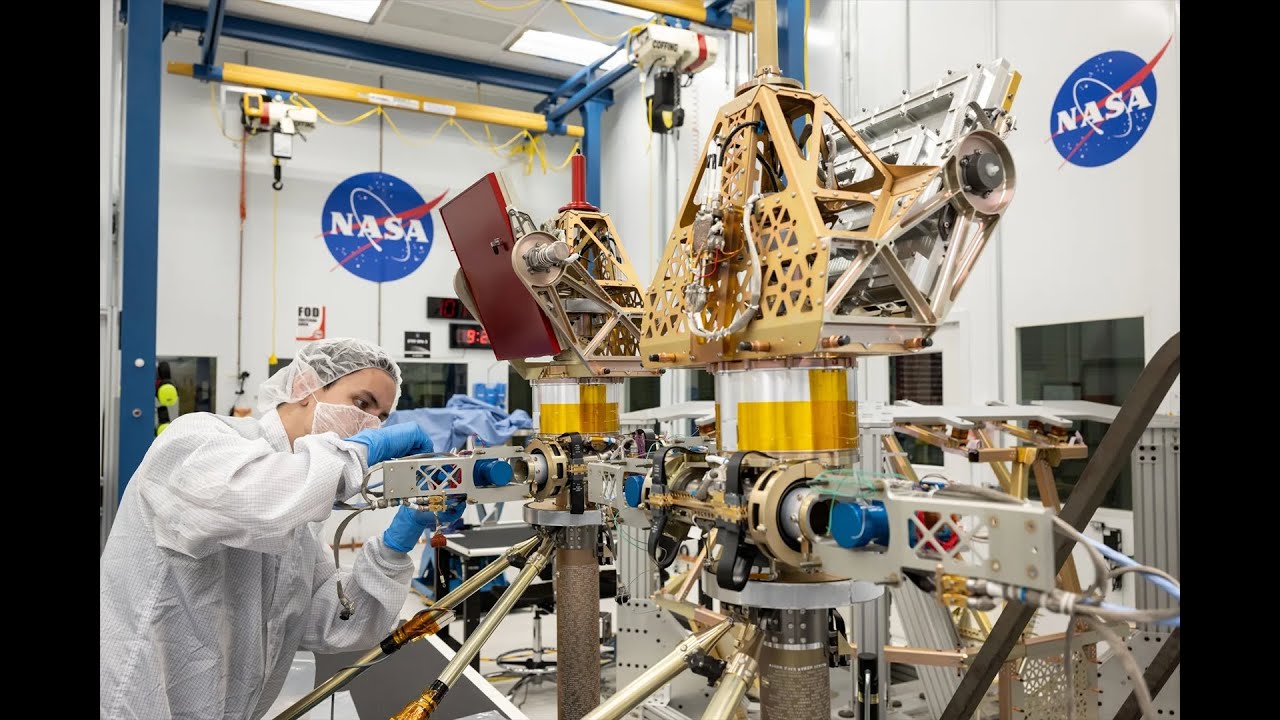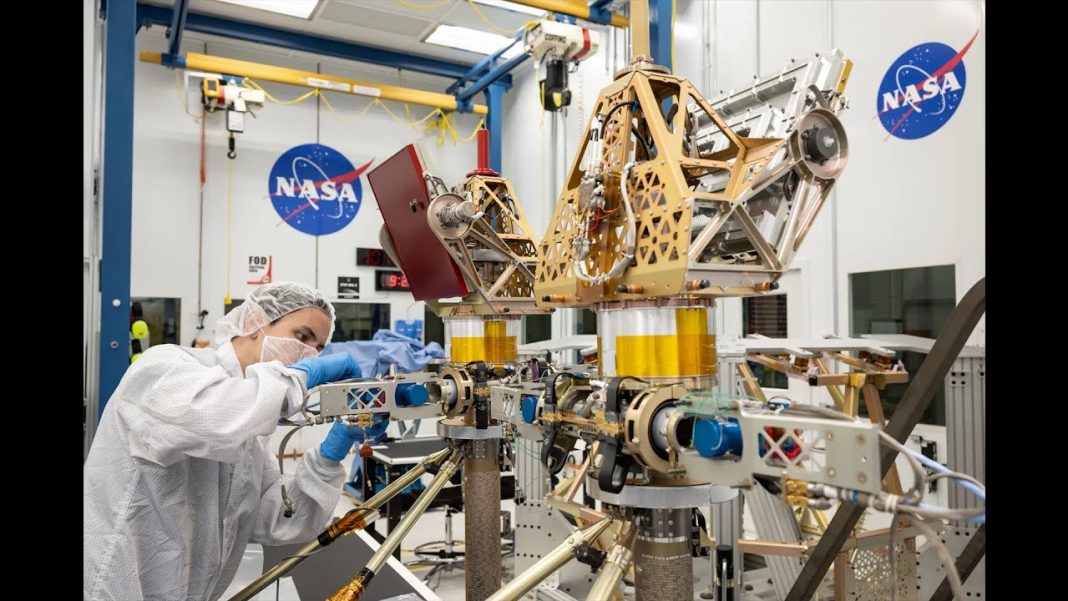 NASA’s Office of Inspector General (OIG) has recently expressed concerns about Boeing’s quality control and adherence to standards in its efforts to assist NASA in returning astronauts to the Moon. The OIG’s report, released on August 8, focuses on the Space Launch System (SLS) version 1B, which is an essential component of NASA’s plans to send the crewed Orion spacecraft and large cargo to the Moon in 2028.
NASA’s Office of Inspector General (OIG) has recently expressed concerns about Boeing’s quality control and adherence to standards in its efforts to assist NASA in returning astronauts to the Moon. The OIG’s report, released on August 8, focuses on the Space Launch System (SLS) version 1B, which is an essential component of NASA’s plans to send the crewed Orion spacecraft and large cargo to the Moon in 2028.
One crucial element of this upgrade is Boeing’s development of the SLS’s new upper stage, called the Exploration Upper Stage (EUS). The EUS will significantly enhance the SLS’s carrying capability, increasing it from 27 metric tons to 38 metric tons. However, the progress of the SLS project has been plagued with various issues, including Boeing’s ineffective quality management and inexperienced workforce, as well as cost increases and schedule delays.
NASA’s OIG conducted interviews with officials from NASA Headquarters, Marshall Space Flight Center, Boeing, and the Defense Contract Management Agency (DCMA) between August 2023 and May 2024. They also visited the Michoud Assembly Facility in New Orleans, Louisiana, to observe the production of the SLS core stage and EUS.
The OIG’s findings revealed that Boeing’s quality management system at Michoud does not adhere to international standards established by SAE International. The report highlighted 71 “Corrective Action Requests” issued by the DCMA at Michoud between 2021 and 2023 to address quality deficiencies. The OIG stated that this high number of CARs for a space flight system at this stage of development reflects a recurring and degraded state of product quality control. Boeing’s response to these deficiencies has been ineffective, and the company has shown a lack of responsiveness in taking corrective actions.
The report also pointed out the discovery of “foreign object debris” inside the SLS Core Stage 2 liquid hydrogen fuel tank, including metal shavings and Teflon. Such debris can pose a threat to hardware and potentially harm the flight crew. Although the fuel tank was subsequently cleaned and reinspected, this incident raises concerns about the overall quality control measures in place.
During their visit to Michoud, the OIG observed substandard welding on a liquid oxygen fuel tank dome, which is a critical component of the SLS Core Stage 3. Additionally, Boeing officials incorrectly approved hardware processing under unacceptable environmental conditions. The report attributed these quality control issues to the lack of a sufficient number of trained and experienced aerospace workers at Boeing.
Boeing’s EUS contract has experienced significant cost increases, soaring from $962 million in 2017 to over $2 billion through 2025. Furthermore, the delivery of the EUS to NASA has been postponed by six years, from an initial February 2021 date established in 2016 to April 2027. Given Boeing’s quality management challenges, the OIG expressed concerns about the potential impact on the safety of the SLS and Orion spacecraft, including the crew and cargo.
To address these concerns, the OIG made several recommendations in its report. It suggested that Boeing collaborate with the Associate Administrator for Exploration Systems Development Mission Directorate (ESDMD) to develop a quality management system training program compliant with international standards. NASA officials will review this program. Additionally, the OIG recommended imposing financial penalties on Boeing for its noncompliance with quality control standards. However, NASA ultimately decided against imposing fines on the company.
Boeing has not yet provided a comment on the OIG’s report.
Meanwhile, two NASA astronauts, Butch Wilmore and Suni Williams, remain stranded in space aboard the Boeing Starliner due to ongoing issues with its thrusters. NASA is considering bringing them back to Earth on SpaceX’s Crew-9 mission in February 2025. The astronauts launched on June 5 and were originally scheduled to return on June 14.


